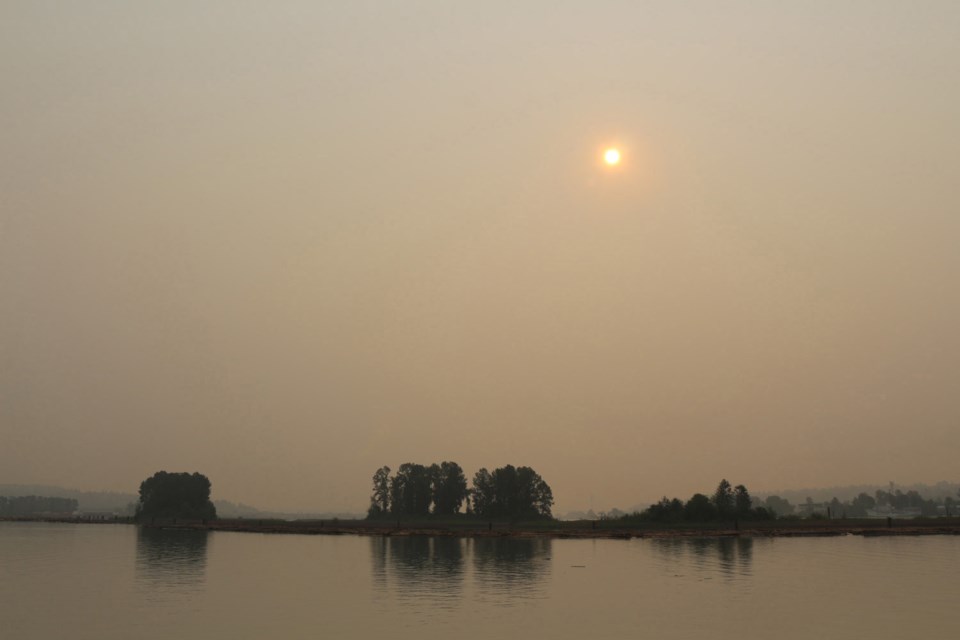Are you finding the air quality hard on your health?
Metro Vancouver is offering up some tips to help people cope with the poor air. Currently the region is under an air quality advisory stemming from elevated levels of fine particulate matter.
Fine particulate matter refers to airborne solid or liquid droplets with a diameter of 2.5 micrometres or less. Because of its small size, particulate matter can easily penetrate indoors.
Metro Vancouver offers up these tips for everyone to reduce their personal health risk:
- Avoid roads with heavy vehicle traffic and areas with wood smoke.
- Stay cool and drink plenty of water
- Continue to manage medical conditions such as asthma, chronic respiratory disease and heart failure. Seek medical attention if symptoms continue to be bothersome.
- Maintaining good overall health is a good way to reduce health risks stemming from short-term exposure to air pollution.
For those with chronic underlying medical conditions, a few more tips:
- Stay in a cool, air-conditioned environment and reduce indoor sources of pollution such as smoking and vacuuming.
- Run an air cleaner. Some air cleaners, such as HEPA filters, can help reduce indoor particulate levels as long as they are the right size for your home and filters are changed regularly.
- Consider taking shelter in air-conditioned buildings that have large indoor volumes and limited entry of outdoor air



